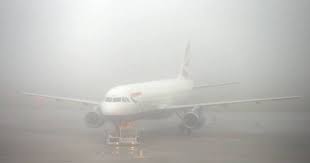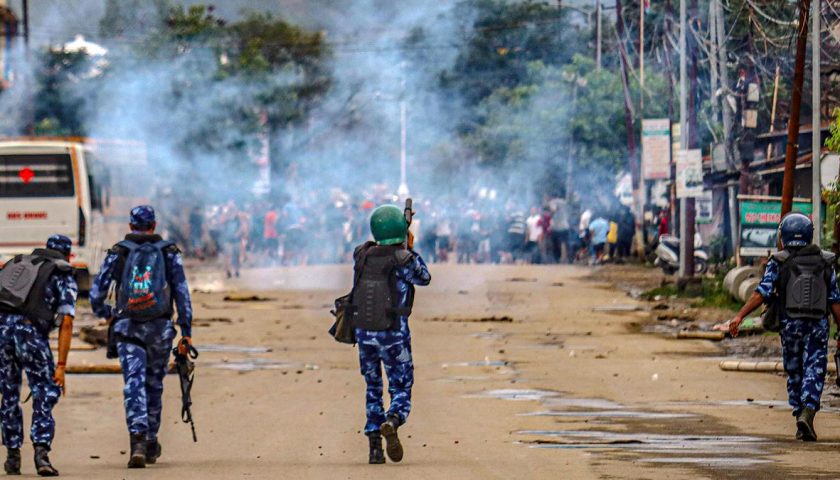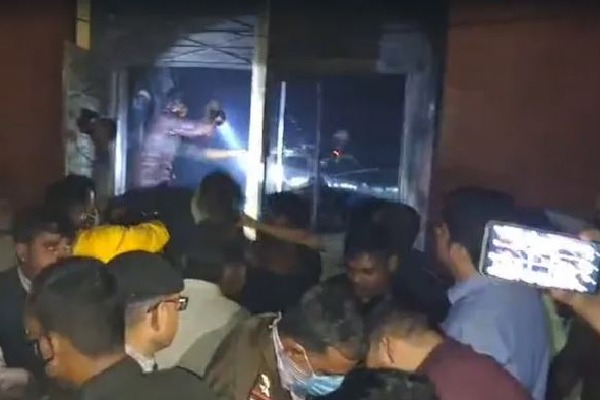India has fared better than neighbours Sri Lanka (ranked 91), Pakistan (117), Myanmar (130) and Bangladesh (143), but is behind Bhutan (26) and China (77).
The 2017 corruption perception index, released by anti-graft watchdog Transparency International on Wednesday, has ranked India at 81 among 180 countries and territories.
The index is based on perceived levels of public sector corruption according to experts and businesspeople, using a scale of 0 to 100, where 0 is highly corrupt and 100 is very clean.
India’s score in 2017 is 40 — the same as 2016, and an increase since 2015, when it was 38. There has been a gradual increase in India’s rank since 2012, when India scored 36 points on the index.
India has fared better than neighbours Sri Lanka (ranked 91), Pakistan (117), Myanmar (130) and Bangladesh (143), but is behind Bhutan (26) and China (77).
The index says New Zealand and Denmark are the least corrupt countries, while Syria, Sudan and Somalia figure are ranked the most corrupt. Among BRICS nations, South Africa has been ranked the least corrupt (71), while Russia (135) is the most corrupt.
The report said there is a high variance in public sector corruption across the Asia Pacific region, with more than half of the countries scoring less than 50.
“While corruption continues to be a rampant problem across the region, improvements will only be made if there is strong political will for change and if a comprehensive strategy is adopted, not one based on isolated actions,” it said.
Transparency International said that the 2017 results show that corruption in many countries is still strong and when individuals dare to challenge the status quo, they are met with threats and bodily harm, including death.
“Philippines, India and the Maldives are among the worst regional offenders in this respect. These countries score high for corruption and have fewer press freedoms and higher numbers of journalist deaths,” the report said.
Ilham Mohammed, Transparency International’s regional coordinator for South Asia, told HT: “Despite numerous pledges by politicians at different levels to curb corruption, there has been no significant movement in India’s score in the CPI. This is reflective of the fact that there has been little or no movement in implementing the Lokpal.
“While India has a strong history of people standing up against corruption, there are very few successful convictions when it comes to prosecuting corruption cases. This is especially so for grand corruption. This indicates poor functioning of the national accountability systems at a central level.”
Transparency International managing director Patricia Moreira said: “Smear campaigns, harassment, lawsuits and bureaucratic red tape are all tools used by certain governments in an effort to quiet those who drive anti-corruption efforts.
“We’re calling on those governments that hide behind restrictive laws to roll them back immediately and allow for greater civic participation.”






